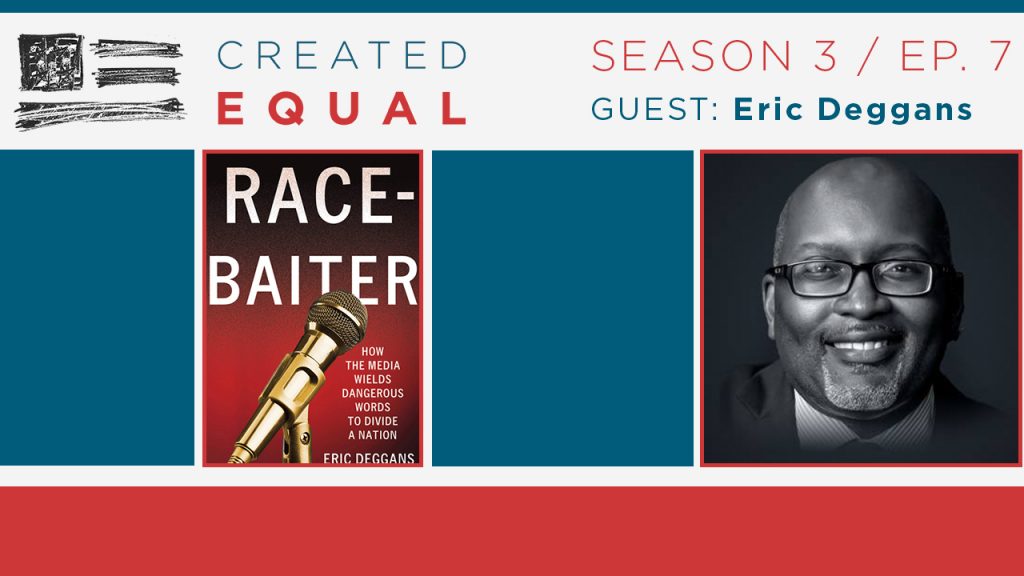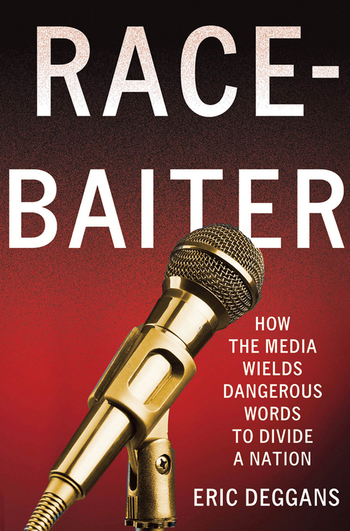Created Equal: Eric Deggans On Television’s Representation Challenges
NPR TV critic and author Eric Deggans discusses the history of Black representation in the media.

Season Three of the podcast Created Equal explores “Writers on Race: From Ralph Ellison to Colson Whitehead,” and features some of the most important voices in literature as well as the national conversation on racial inequities.
The conversations were conducted on the radio program, Detroit Today, in the WDET studios on Wayne State University’s campus throughout the pandemic and civil unrest of 2020. Each episode consists of a conversation between Henderson and one writer exploring the role of their work in the conversation about race in America.
Subscribe to the Podcast
Apple Podcast – Spotify – Google Podcast – NPR One
Episode 7 Guest: Eric Deggans
Eric Deggans is an NPR TV critic and author of the book “Race Baiter: How the Media Wields Dangerous Words to Divide a Nation.”
Deggans’ book addresses the lack of Black representation and problematic stereotypes that are employed on television.
Discussion Points:
How the television landscape has changed since “Race Baiter” was originally published in 2012:
“I started my chapter on scripted television talking about ‘2 Broke Girls,’ that long-ago sitcom on CBS. It had some pretty stereotypical characters of color on it. Flash forward to today, and especially for African Americans, there’s a much wider range of shows out there for people to experience. Everything from ‘Atlanta’ on FX to ‘Insecure’ on HBO to ‘Blackish’ on ABC… The fact that 30% of the Emmy nominees this year in major categories were Black people is a sign that there’s just so much more out there and so many more high quality venues for creative people of color in television.”
Advertisting’s role in perpetuating racist stereotypes on television:
“The primary mode of television in the 70s and 80s is broadcast television. And broadcast television is funded by advertisers, and so advertisers are who help determine what gets on television. You can have the best TV show in the world that draws the biggest ratings in the world, but if advertisers don’t want to put their ads on the show, then there’s no way to turn that viewership into money. So I think one reason why stereotypes about black characters and black people and black culture persisted in television in the 70s and 80s is because Madison Avenue and the nation’s advertising industry was largely white, and they have those stereotypes and wouldn’t necessarily support a TV show that would be too forward thinking, too adventurous in breaking those stereotypes.
Created Equal Season 3 is supported by the Michigan School of Psychology

Trusted, accurate, up-to-date
WDET is here to keep you informed on essential information, news and resources related to COVID-19.
This is a stressful, insecure time for many. So it’s more important than ever for you, our listeners and readers, who are able to donate to keep supporting WDET’s mission. Please make a gift today.

